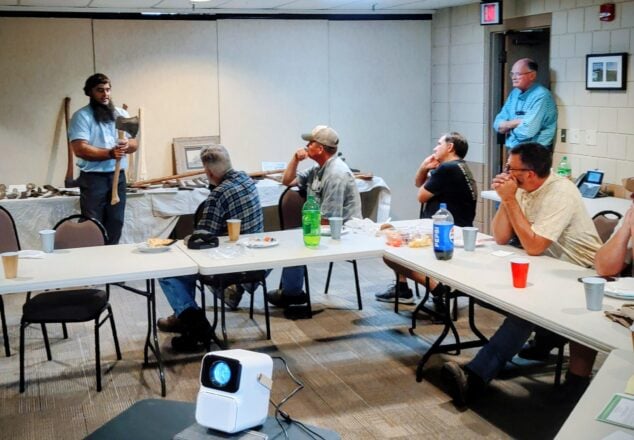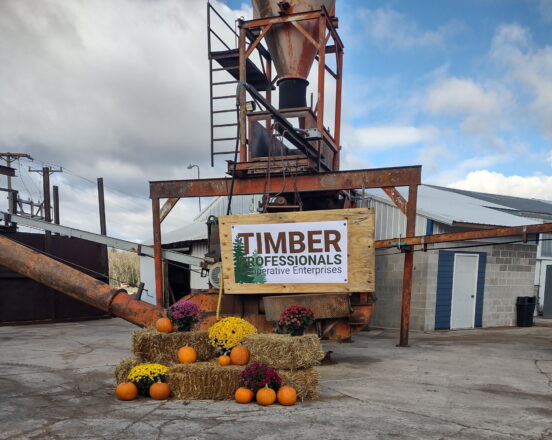New Opportunities for FRA and Universities to Collaborate on Expanding Wood Supply Chain Workforce Development

Our universities have played an active role in supporting the forest products industry over the years. Numerous applied research projects have helped the collective industry address a myriad of supply chain issues. Drs. Charlie Blinn (University of Minnesota) and Joe Conrad (University of Georgia) have recently collaborated to evaluate logging capacity in the Lake States and the Southern US. Their findings have been featured at both the FRA Annual Meetings and several state Forestry and Logging Association Meetings over the last few years. Dr. Conrad’s “Benchmark Data on Log Truck Insurance Premiums, Claims, and Transportation Safety Practices in the US South” is a recent example of FRA-funded research aimed at improving transportation safety and supply chain efficiency. Both topics are high-priority issues for FRA and our membership.
The late 1990s and early 2000s witnessed several Wood Supply Research Institute (WSRI) projects that addressed many of the issues, challenges, and concerns raised by industry stakeholders during that era. Truck turnaround times at the mill and the WSRI Logging Cost Index are prime examples. Drs. Les Werner (University of Wisconsin – Stevens Point) and Jo Daniel (Auburn University) have also made significant contributions through their respective webinars, focusing on Workforce Development and Understanding Generational Differences in the Workplace. Near and dear to my heart – Virginia Tech’s Industrial Forestry Operations (IFO) program had a very strong relationship with the forest products industry, and specifically FRA, during the 1980s and 1990s (More detailed information on this connection will be shared in my August 28th Woods to Mill installment, including several influential academic leaders not mentioned in this article). Auburn University and the University of Georgia have also graciously hosted FRA’s Timber Harvesting & Procurement Short Course, underscoring the role institutions of higher learning play in educating and training the next generation of natural resource leaders. Once again, FRA will likely be enlisting the services of our university partners, along with other supply chain advocates, over the next three years to assist us with our latest endeavor – expanding several of our workforce development outreach opportunities to a broader and more diverse audience nationwide.
Last week, the US Forest Service announced its 2025 Wood Innovations Grant recipients. Approximately $80 million will be awarded to “spur wood products manufacturing, expand active forest management, and accelerate energy innovation across America’s timber-producing communities”. FRA was selected to receive funding for its proposal titled “Enhancing the Wood Supply Chain Workforce” with a stated goal to “expand its southern U.S. logging and wood supply chain training program nationwide”—an effort that will directly support workforce development in timber-producing communities across the country. Intended grant deliverables include offering versions of FRA’s popular Supplier-Consumer Relations Workshops and Timber Harvesting & Procurement Short Courses to wood supply chain stakeholders within FRA’s operating area.
It has been repeatedly stated in the past that the relationship between healthy markets and healthy forests is well-documented. And forest health is front and center for many natural resource professionals across the country. It is crucial that we seize every opportunity to ensure healthy markets are also well-supported. Highlighting the forest products industry to forestry stakeholders on the periphery of the wood supply chain is a valuable and exciting opportunity. And one that we must capitalize on if we want to help solve the workforce dilemma and ensure we have a sustainable forest products value chain in the future.


